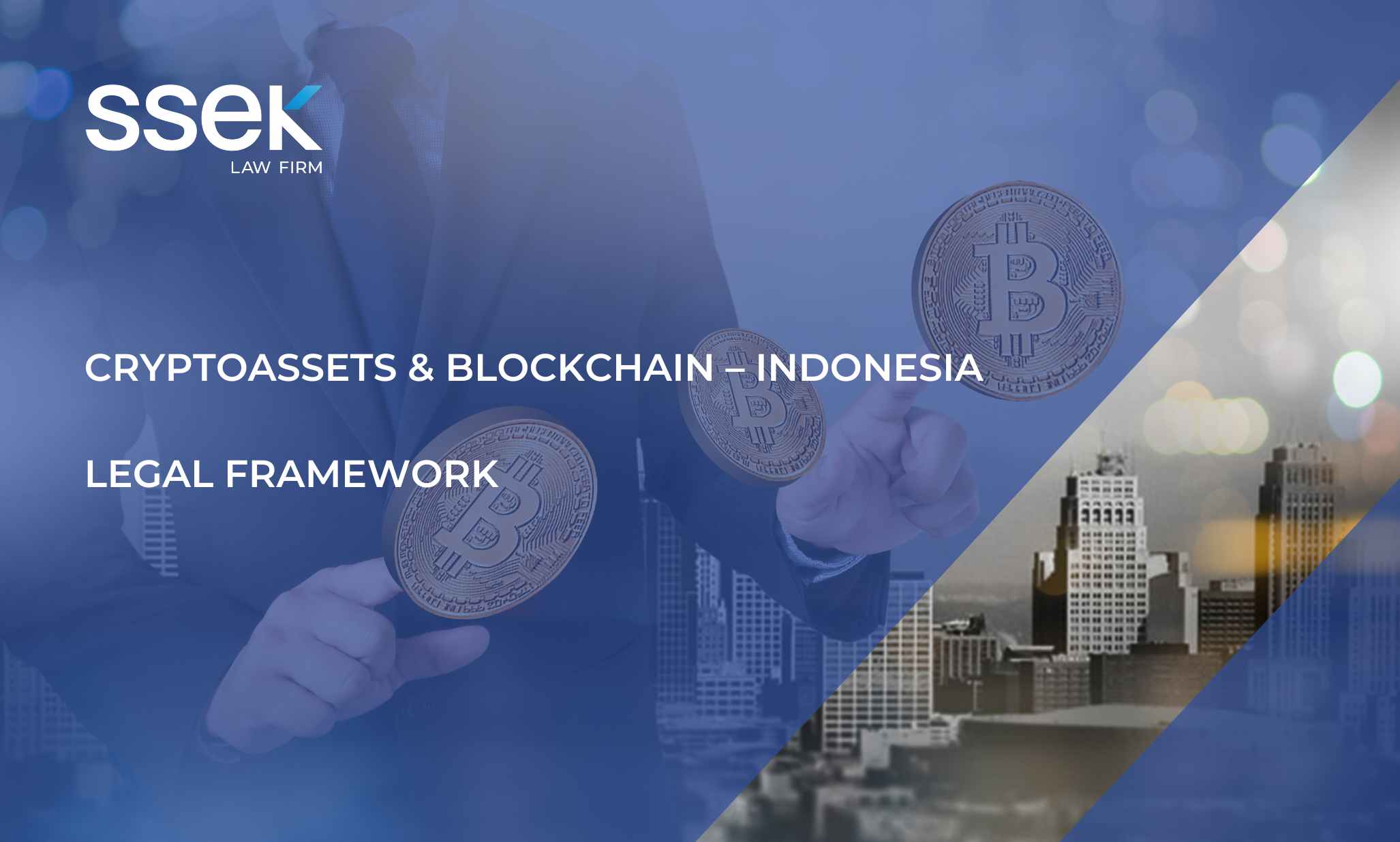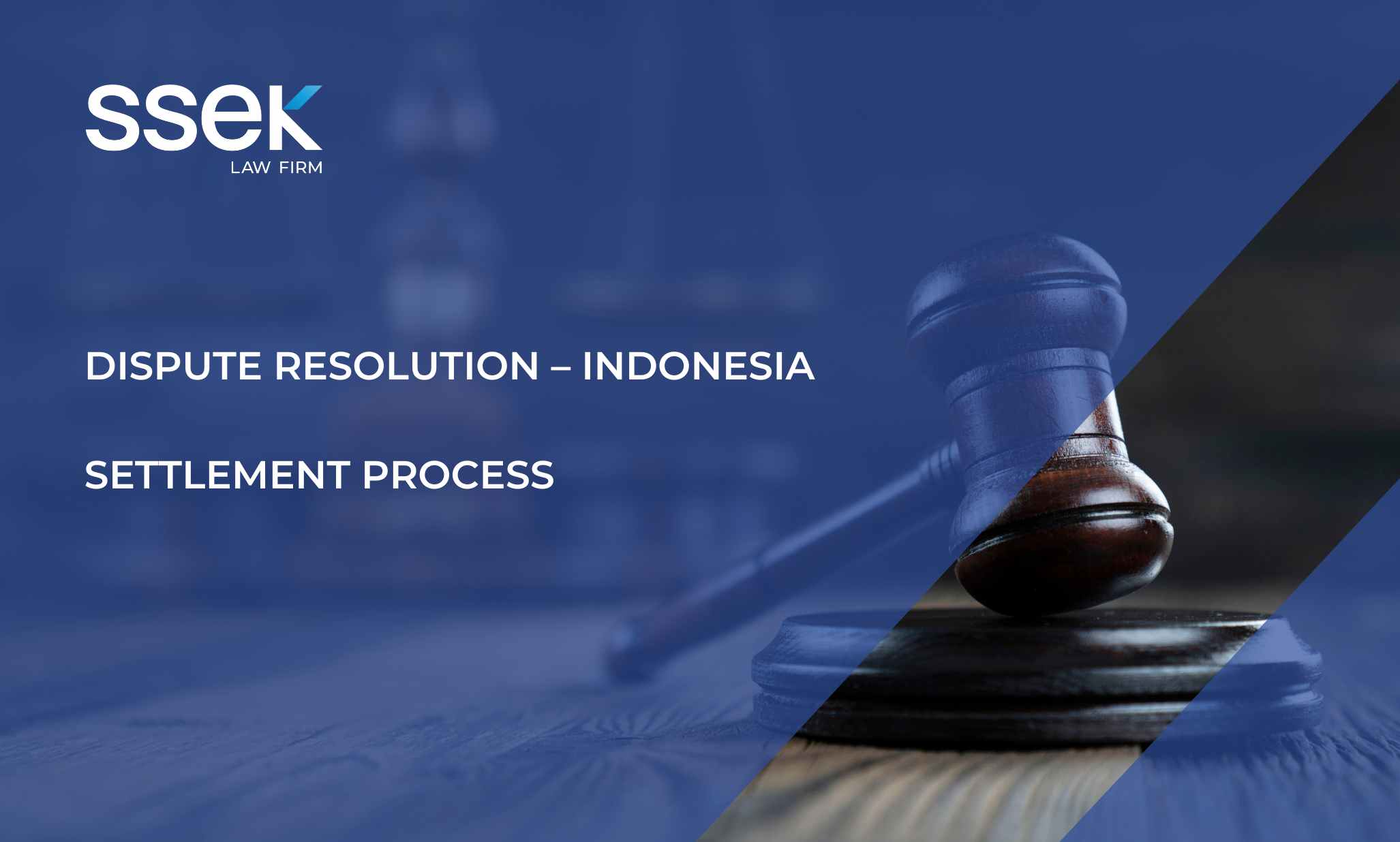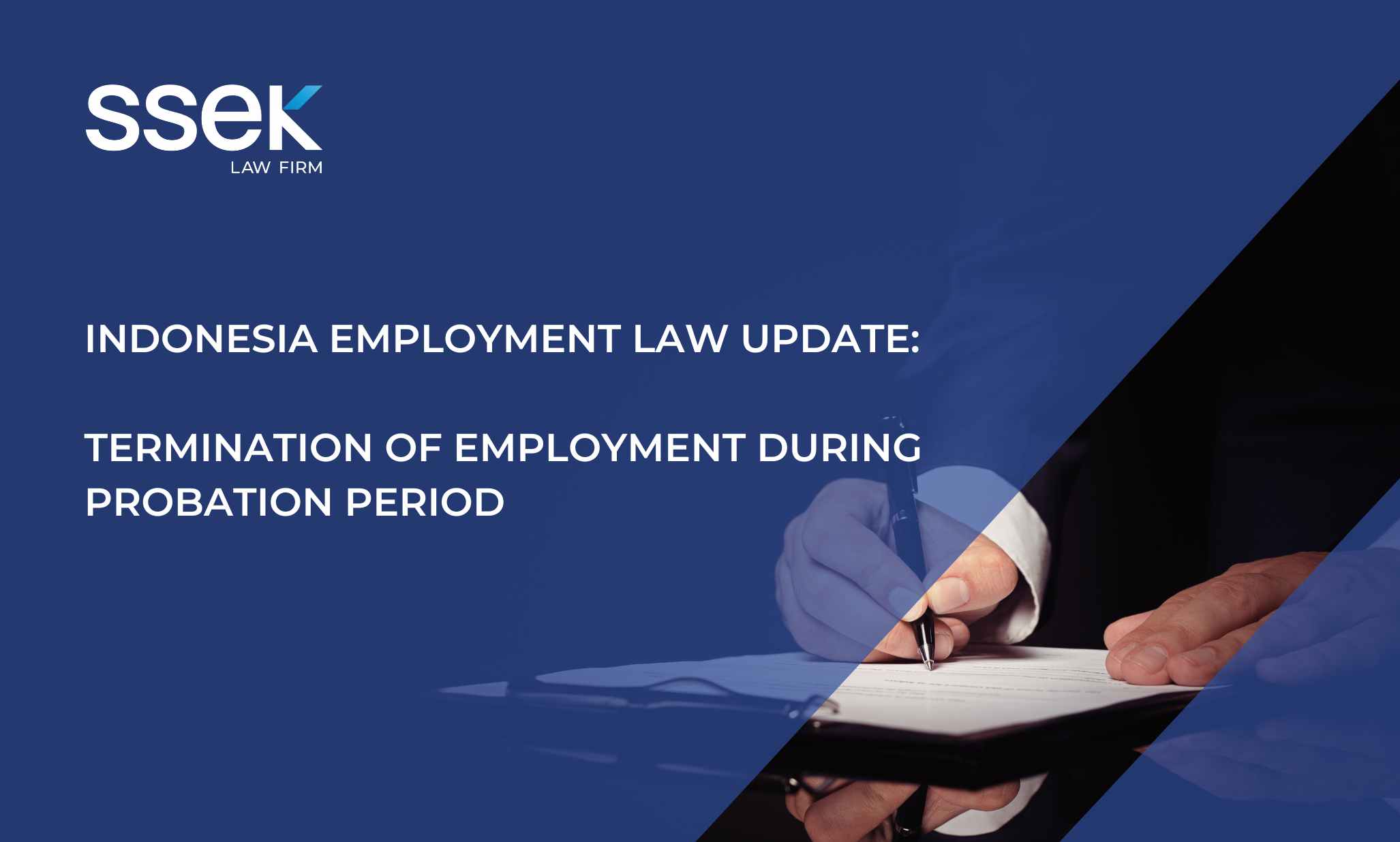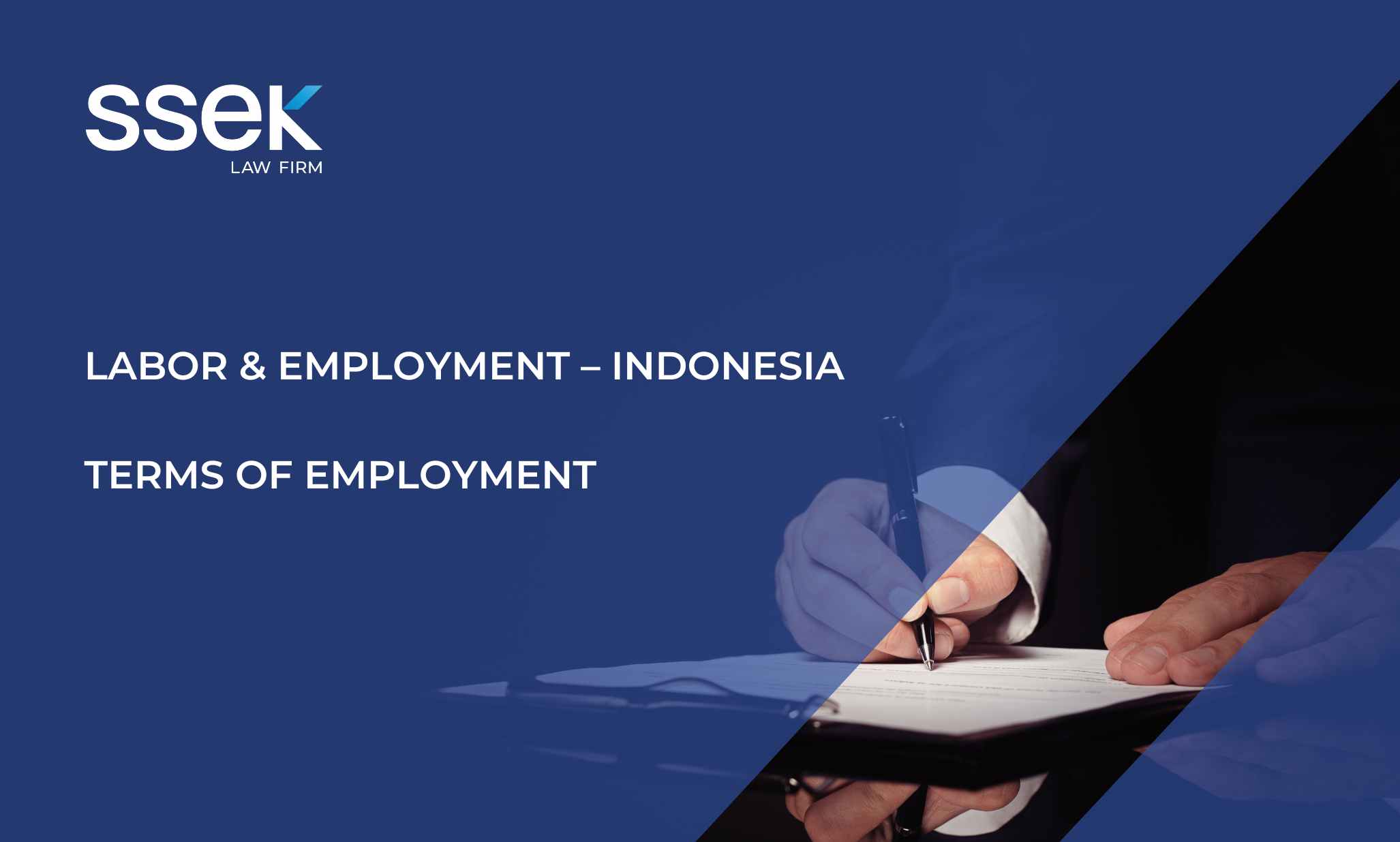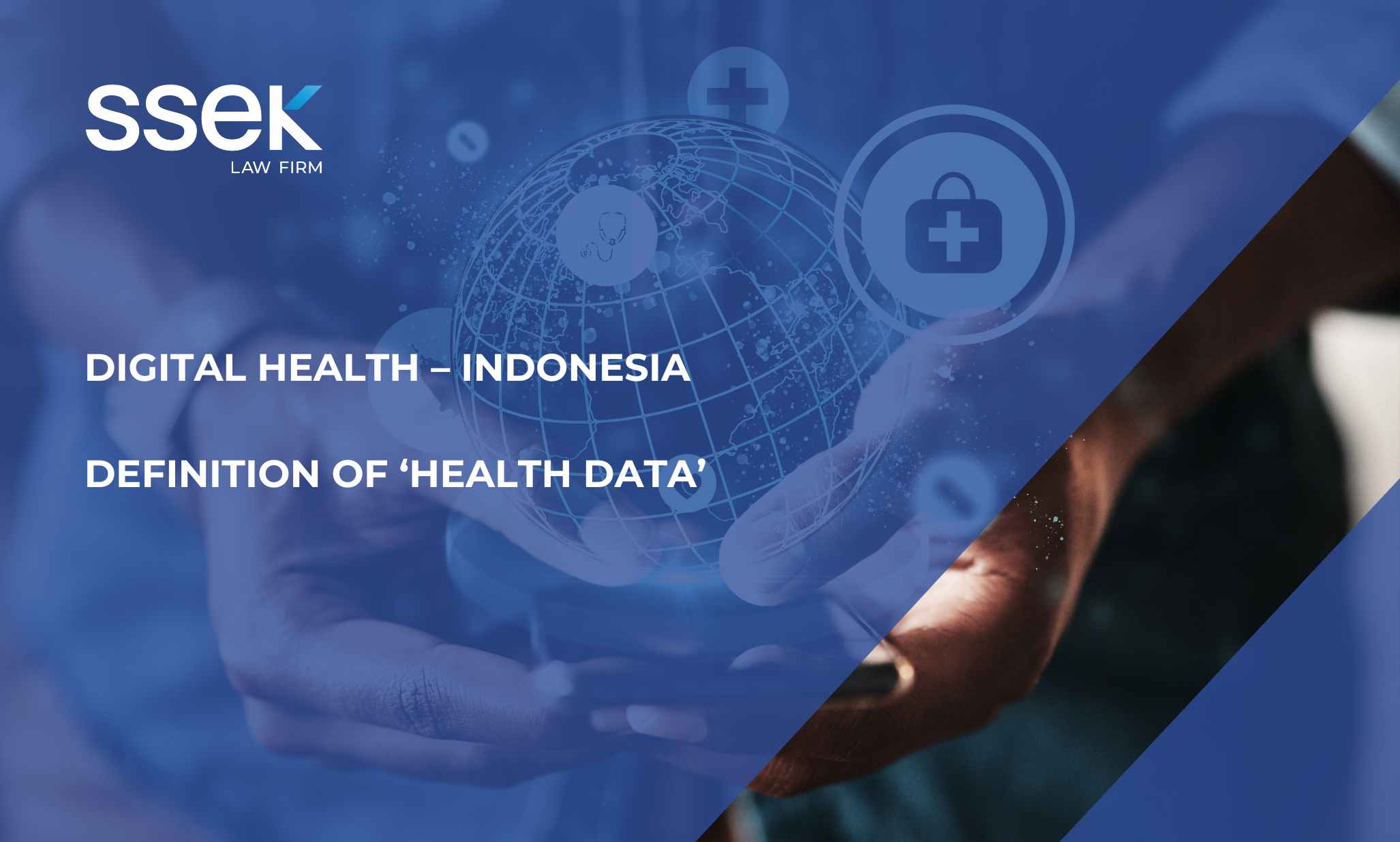

By Nico Mooduto
The laws on corruption do not recognize boundaries. The Foreign Corrupt Practices Act (FCPA) of the United States is one example where a domestic law seeks to punish the commission of corruption act outside the territory of the United States or within the US by a foreign entity. Essentially, the FCPA punishes the crime of bribing foreign officials for the purpose of obtaining or securing a business. (The FCPA also requires the maintenance of transparent accounting records, which if violated is an offence under the FCPA.)
The FCPA applies to the extent the perpetrators qualify as any of the following: issuer, domestic concern, or persons other than any of the above who act in the territory of the United States.
In recent years, more US higher education institutions have started opening foreign campuses in places considered as high-risk regions for corruption. These institutions are generally considered to be bound by the FCPA. As these institutions need to obtain their operating license or permit and possibly other approvals, certifications and registrations from local government in which they seek to operate, they face FCPA risks where certain payments to local government officials are forthcoming, whether unauthorized or otherwise.
Facilitating Payments
When discussing FCPA risks, it must be noted that the FCPA contains several provisions where payment to government officials may be exempted. One of those provisions allows facilitating payments for a routine government action, which is known as the "grease payment" exception. It has been noted that this facilitating payment exception has been applied very narrowly and it does not necessarily provide the sort of comfort to foreign institutions that face situations where they would have to make a decision whether to make payments to foreign officials of a country where they operate. Another provision in the FCPA permits payments to foreign government officials if those payments are permitted under local law.
As noted above, the FCPA recognizes certain exemptions from anti-bribery provisions. Familiarizing oneself with local law requirements is key to understanding whether the FCPA exemptions may be invoked. Doing research on local law requirements undoubtedly places a high burden on US education institutions seeking to operate in foreign land. However, given the possible risks, this may be a helpful, if not necessary, exercise.
Anti-Corruption Law in Indonesia
In Indonesia, the country\'s anti-corruption regime is primarily based on Law No. 31 of 1999 regarding Eradication of Criminal Acts of Corruption, as amended by Law No. 20 of 2001 (Anti-Corruption Law). (There is another body of law that punishes bribery offenses in Indonesia, but this article only discusses the Anti-Corruption Law.) The Anti-Corruption Law recognizes a number of distinct corruption crimes involving state finance and/or government officials. (The terms government official, state organizer and public official are used interchangeably in this article.) Among the noteworthy distinct crimes are those causing state losses and the bribery of government officials.
In contrast to the FCPA, facilitating payments are not recognised under Indonesian law. Generally, there is no provision under the Anti-Corruption Law or in Indonesian law that expressly permits facilitating payments or exempts such payments from the general prohibitions of the Anti-Corruption Law. It is generally understood that a facilitating payment provided for the purpose of expediting or securing the performance of a routine governmental action by an official would constitute a gift and gratification within the meaning of the Anti-Corruption Law. In this regard, the Anti-Corruption Law expressly provides that gifts or gratifications given to government officials or state organisers shall be considered a bribe if they are related to their position and are contrary to their official duties or obligations.
That said, it is arguable whether certain contributions, either in monetary form or otherwise, can be made to government officials if such contributions do not relate to their official position as a government official or violate their official duty. For example, one may argue that making a small payment to a public official to request that the official expedite the issuance of a permit when all of the requirements have been rightfully fulfilled does not fall under the above prohibition of the Anti-Corruption Law. However, such payments, irrespective of the amount or purposes, are still very risky.
Corporate Liability for Corruption
Another important point in the Anti-Corruption Law deals with corporations as the perpetrator of a corruption act. The Anti-Corruption Law, or a loose English translation of the law, defines a corporation as an organized group of persons and/or assets, either as a legal or non-legal entity.
The Indonesian Attorney General\'s Office and the Supreme Court have issued regulations - Attorney General Regulation No. PER-028/A/JA/10/2014 dated October 1, 2014 regarding Guidelines in Handling Criminal Cases with Corporate Legal Subjects and Supreme Court Regulation No. 13 of 2016 regarding Procedures to Handle Criminal Acts Committed by Corporations, respectively - to further implement the prosecution or adjudication of corruption charges involving corporations.
Education Institutions and Corruption Acts
No education institution in Indonesia, as far as we are aware, has been declared a suspect in a corruption act under the Anti-Corruption Law or any of the regulations cited above, as well as in practice.
At first blush, an education institution cannot be a corruption suspect as this type of entity is not expressly cited in the Anti-Corruption Law. Further, it is also arguable whether an education institution fits the definition of a corporation under the Anti-Corruption Law, given that it is generally understood that the idea of an education institution runs counter to that of a corporation, which is established to generate profits.
That notwithstanding, there are many instances of corruption adjudicated by Indonesian courts involving public education institutions where certain individuals within the institution were punished under the Anti-Corruption Law. Indonesian public education institutions receive their budget, either mostly or in part, from the central government or regional government budget, and the heads of these public institutions are regarded as state organizers, meaning they are subject to the Anti-Corruption Law. The corruption cases involving public education institutions have mostly concerned the misuse of funds, which may be deemed a corruption crime if it causes state losses.
Foreign education institutions that seek to operate in Indonesia must be cognizant of the limits on their activities when interacting with Indonesian public officials. Otherwise, these institutions could face certain repercussions under the Anti-Corruption Law if they do not act prudently. It can be a painstaking and potentially costly exercise to understand foreign law concepts, but given the possible ramifications it may be an exercise worth undertaking.
This publication is intended for informational purposes only and does not constitute legal advice. Any reliance on the material contained herein is at the user\'s own risk. You should contact a lawyer in your jurisdiction if you require legal advice. All SSEK publications are copyrighted and may not be reproduced without the express written consent of SSEK.




